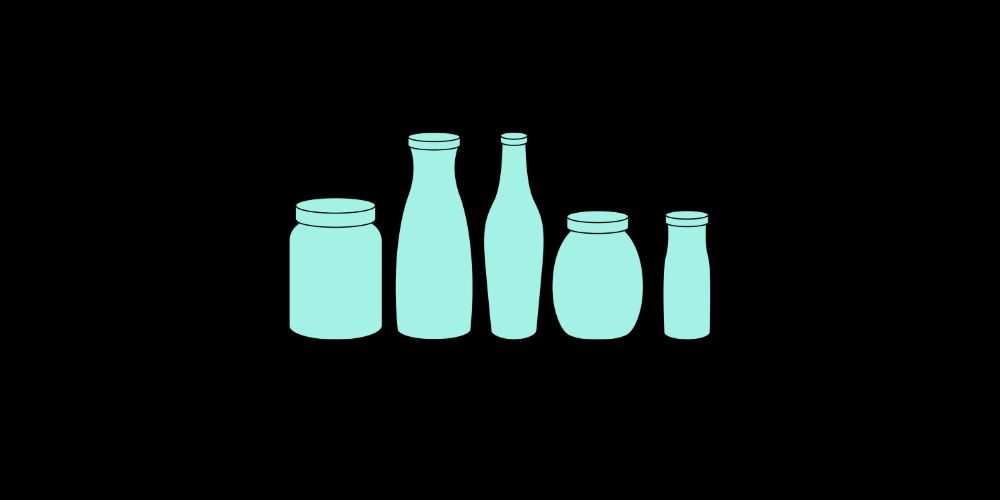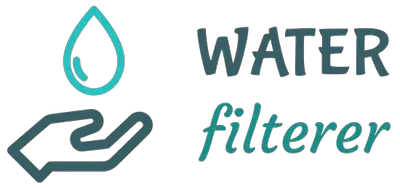Have you ever been cleaning out your fridge and come across a half-finished bottle of water that’s been in there for who knows how long? You might have wondered, can water expire? And if so, how long does bottled water last?

So, can bottled water expire? Yes, but only in the sense that its quality may deteriorate over time. Properly stored bottled water will be safe to drink indefinitely – though it might not taste as fresh as it did when it was first sealed.
The expiration date on bottled water is more for quality than safety, and here’s why.
Bottled water is stored in containers that are typically made of polyethylene terephthalate (PET). These containers can hold up well over time, but they’re not perfect. They can start to leach chemicals into the water after a certain amount of time, which is why manufacturers put expiration dates on them.
The U.S. Food and Drug Administration (FDA) regulates the bottled water industry and requires manufacturers to print an expiration date on their products. However, this “expiration” date is more of a guideline than a hard-and-fast rule.
The FDA has set the shelf life for bottled water at 2 years. After that, the quality of the water can start to degrade. The taste might change or it might start to absorb flavors from the container. The water might also become less sterile after a while.
After the expiration date passes, the FDA says that “the quality of the product may change” but doesn’t specify what exactly that means. In most cases, though, expired bottled water is perfectly safe to drink – it just might not taste as fresh as it did when it was first bottled.
That being said, you probably won’t get sick from drinking expired water. If you’re really worried about it, though, you can always check the Sell-By date instead of the expiration date. The Sell-By date is the date up until which the manufacturer guarantees that the water will stay fresh.
What Happens When Bottled Water Goes Bad?
Expired water isn’t necessarily unsafe to drink—in most cases, it just won’t taste very good. As water sits on a shelf (or in your pantry), it slowly begins to absorb carbon dioxide from the air around it. This gives the water a flat taste that some people find unappetizing.
Bacteria and other microorganisms can also begin to grow in the water, which can give it an off odor.
Of course, there are certain instances where expired water can pose a health hazard. If the bottle was stored in an area with potentially harmful contaminants – like lead pipes or asbestos insulation – the expired water could contain high levels of these contaminants and be unsafe to drink.
If you also happen to see mold growing inside the bottle or on the bottle itself, it’s best not to take any chances and get rid of it immediately.
Final Thoughts
So there you have it! Bottled water does not expire in the same way that other food and drinks do. The expiration date is more for quality than safety, so if you find a bottle of water that’s past its expiration date, don’t throw it away just yet.
If you’re not sure about the quality of the water, though, you can always check the Sell-By date instead. And if you see any signs of mold or contamination in your bottled water, it’s best to toss it out right away and get a fresh bottle.
Whether you’re reaching for expired bottled water or fresh bottled water, it’s always important to drink plenty of clean, safe water every day. Staying hydrated is essential to your health and well-being, so don’t let the expiration date on your bottled water discourage you from drinking up.

